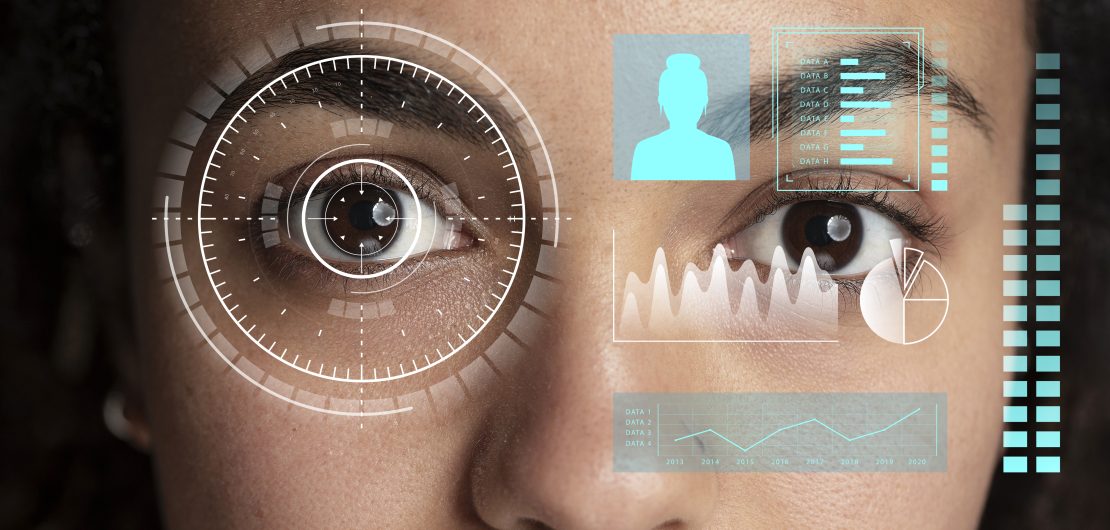
VRVittne – Ögonvittnesstudie i Virtual Reality
I rättsprocesser läggs stor vikt vid ögonvittnesmål. I många länder betraktas ögonvittnesidentifikationer som ett direkt bevis för skuld. På senare år har forskning dock visat att ögonvittnen inte alltid är så tillförlitliga som man tidigare antagit. Till exempel finns det globalt sett tusentals fall där dömda personer i efterhand med hjälp av DNA-bevis visats vara oskyldiga. Analyser av dessa fall visar att felaktiga ögonvittnesmål bidragit till domen i 70% av fallen.
För att höja vår rättssäkerhet behöver vi mer kunskap om vilka faktorer som påverkar tillförlitligheten av ögonvittnens identifikationer av gärningspersoner.
VRvittne är en rättspsykologisk studie där vi genom experiment i virtuell verklighet (VR) undersöker hur nivån av hotfullhet påverkar vittnens emotionella tillstånd och visuella uppmärksamhet, och hur dessa saker i sin tur påverkar vittnens förmåga att korrekt identifiera gärningsmän. Emotionella reaktioner mäts med hudkonduktans, och visuell uppmärksamhet med en ögonrörelsekamera.
Som en del i projektet har vi även utvecklat en AI-baserad mjukvara som analyserar videofiler och automatiskt identifierar ansiktens positioner och ger koordinater för dem, vilket kan användas för analyser av ögonrörelser.
Studien finansierades av Svensk-Österbottniska samfundet och genomförs i samarbete med forskare från New York University.

VRVittne – Eyewitness Study in Virtual Reality
In legal proceedings, great importance is placed on eyewitness testimony. In many countries, eyewitness identifications are considered direct evidence of guilt. However, recent research has shown that eyewitnesses are not always as reliable as previously assumed. For example, globally, there are thousands of cases where convicted individuals have been later proven innocent with the help of DNA evidence. Analyses of these cases show that erroneous eyewitness testimony contributed to the verdict in 70% of the cases. To enhance our legal certainty, we need more knowledge about the factors that affect the reliability of eyewitness identifications of perpetrators.
“VR Witness” is a forensic psychological study where, through experiments in virtual reality (VR), we investigate how the level of threat affects witnesses’ emotional states and visual attention, and how these factors, in turn, affect witnesses’ ability to accurately identify perpetrators. Emotional reactions are measured using skin conductance, and visual attention is measured using an eye-tracking camera. As part of the project, we have also developed an AI-based software that analyzes video files and automatically identifies facial positions and provides coordinates for them, which can be used for eye movement analyses.
The study was funded by the Swedish-Ostrobothnian Society and is conducted in collaboration with researchers from New York University.

Image by www.freepik.com